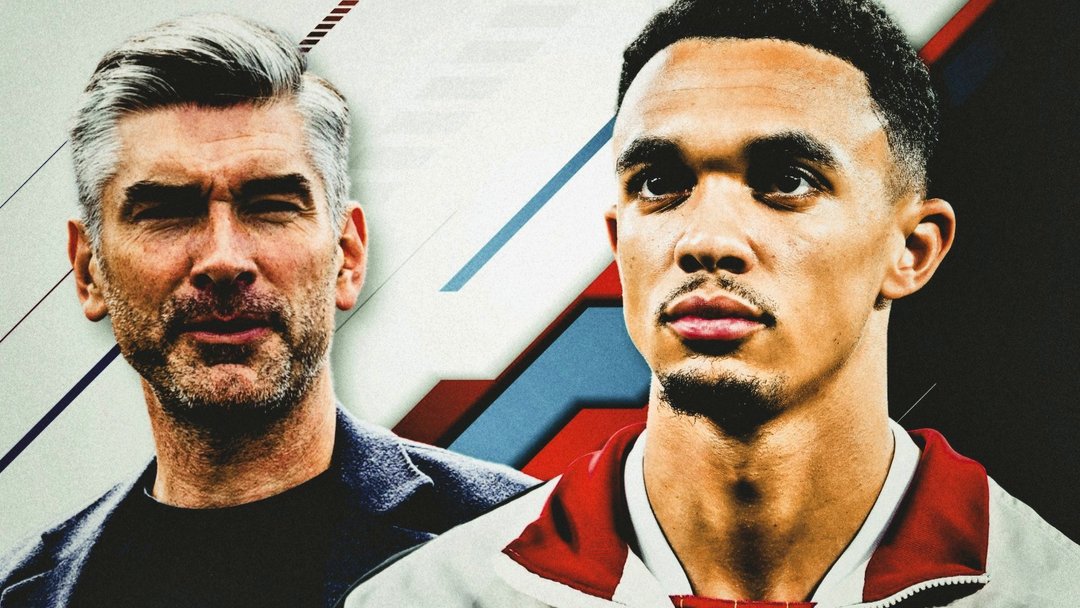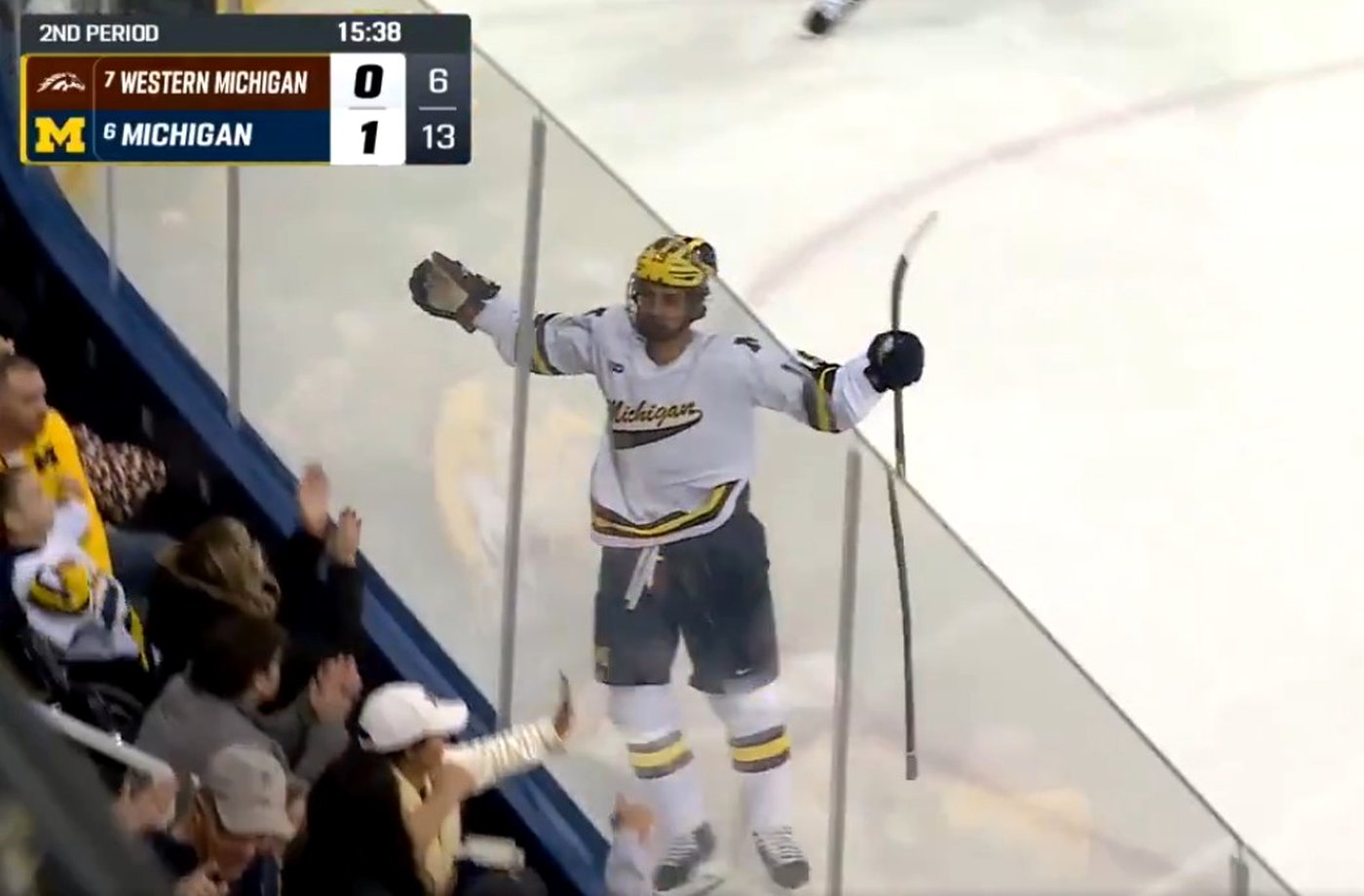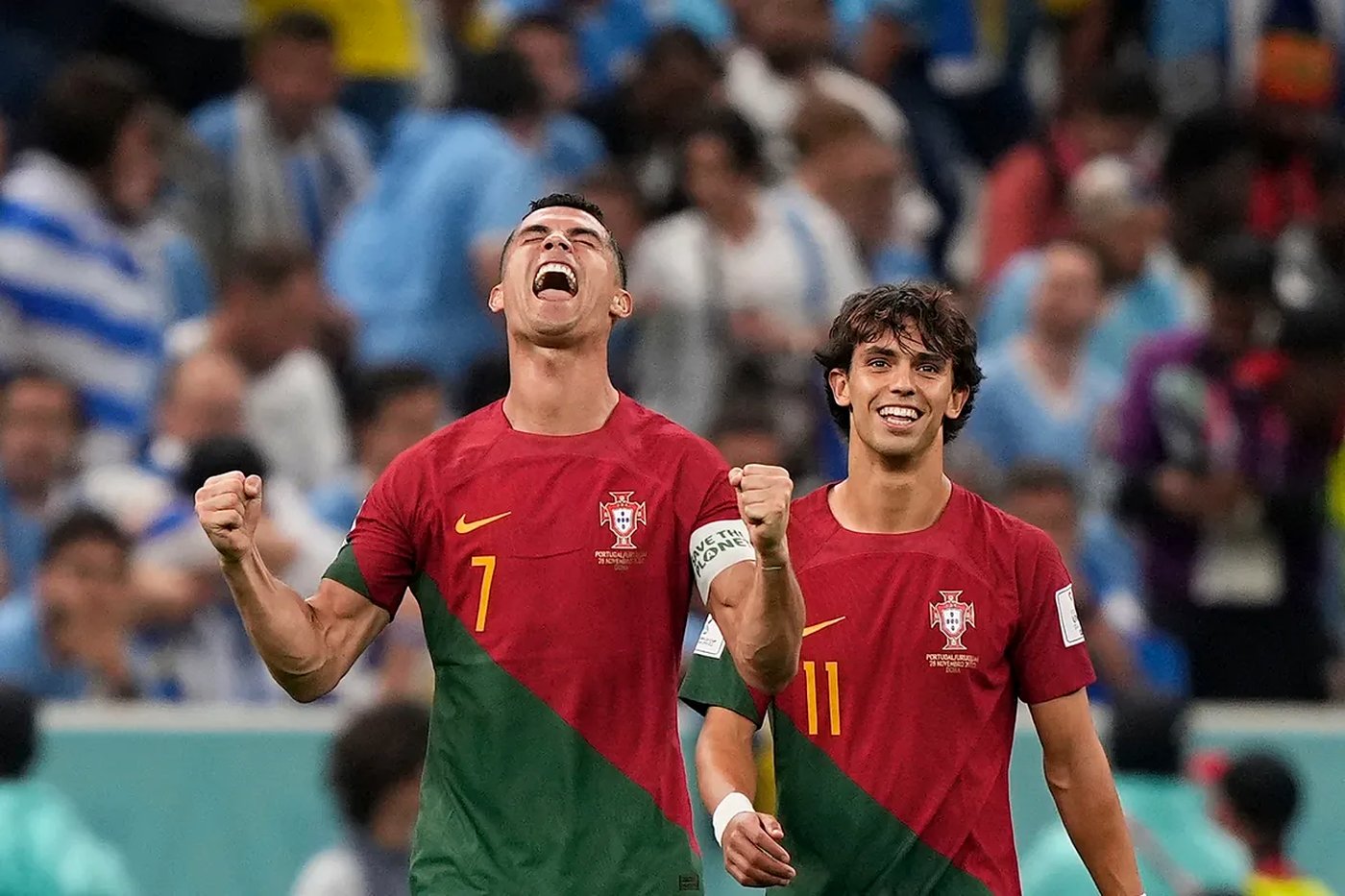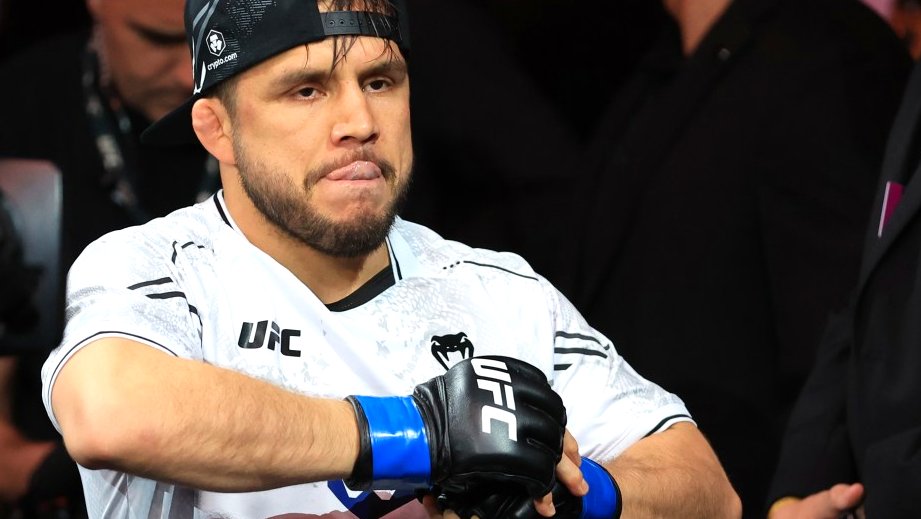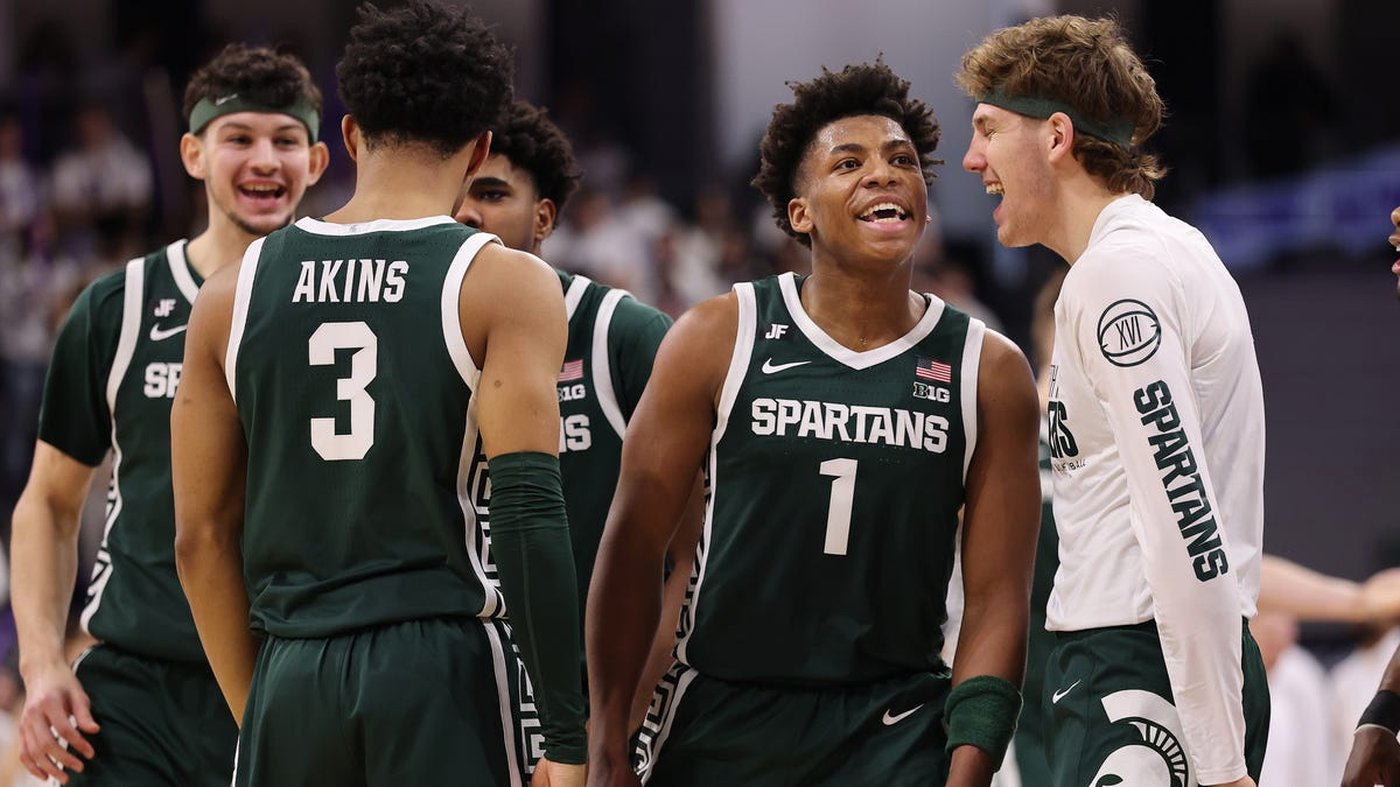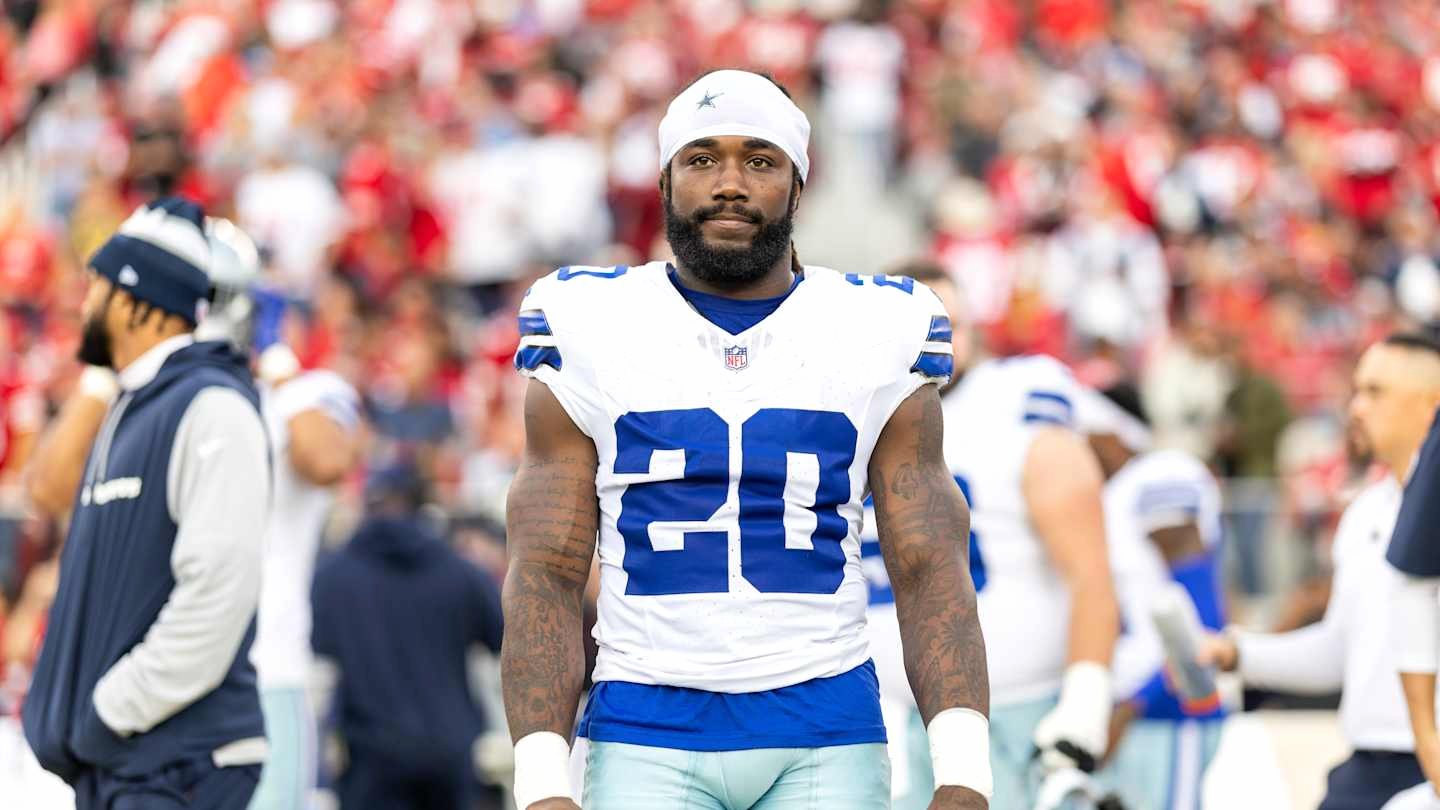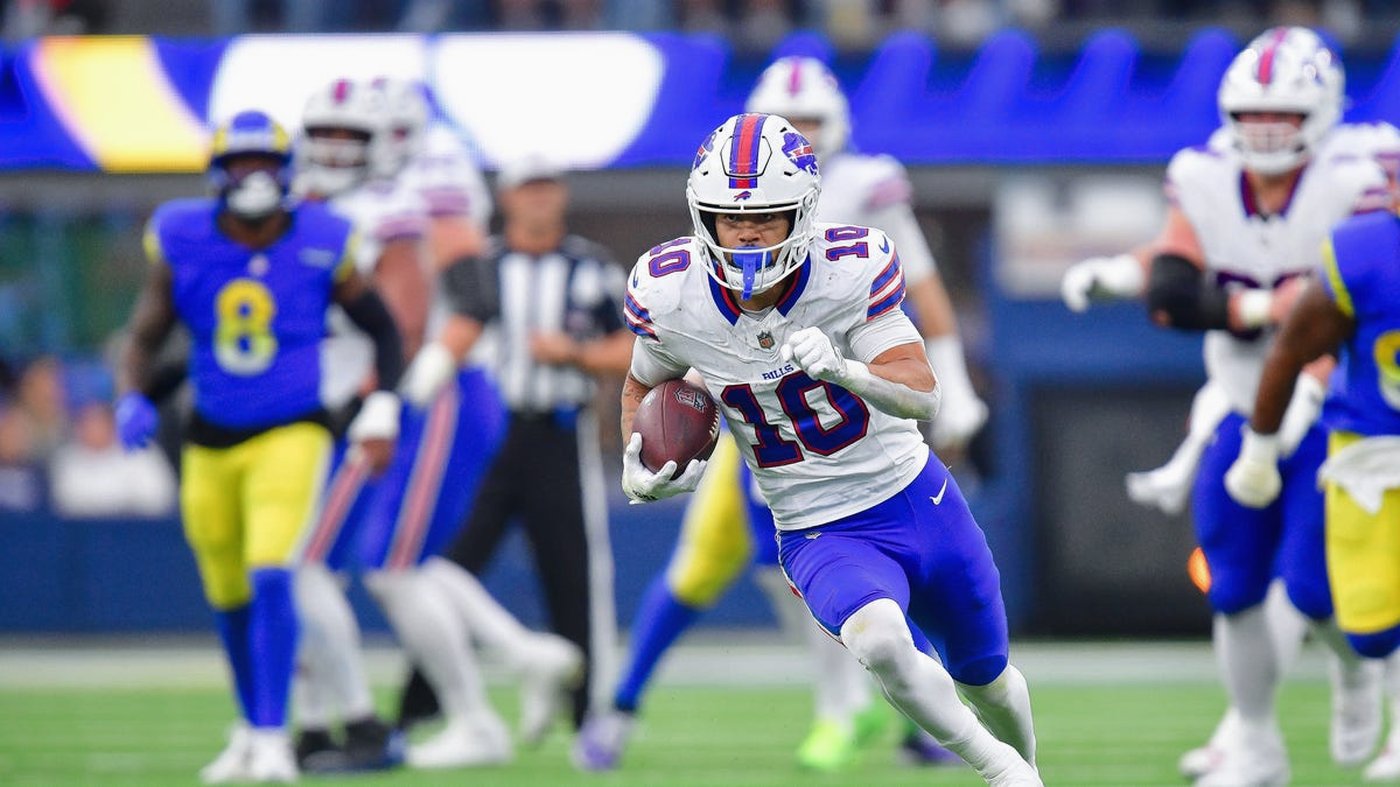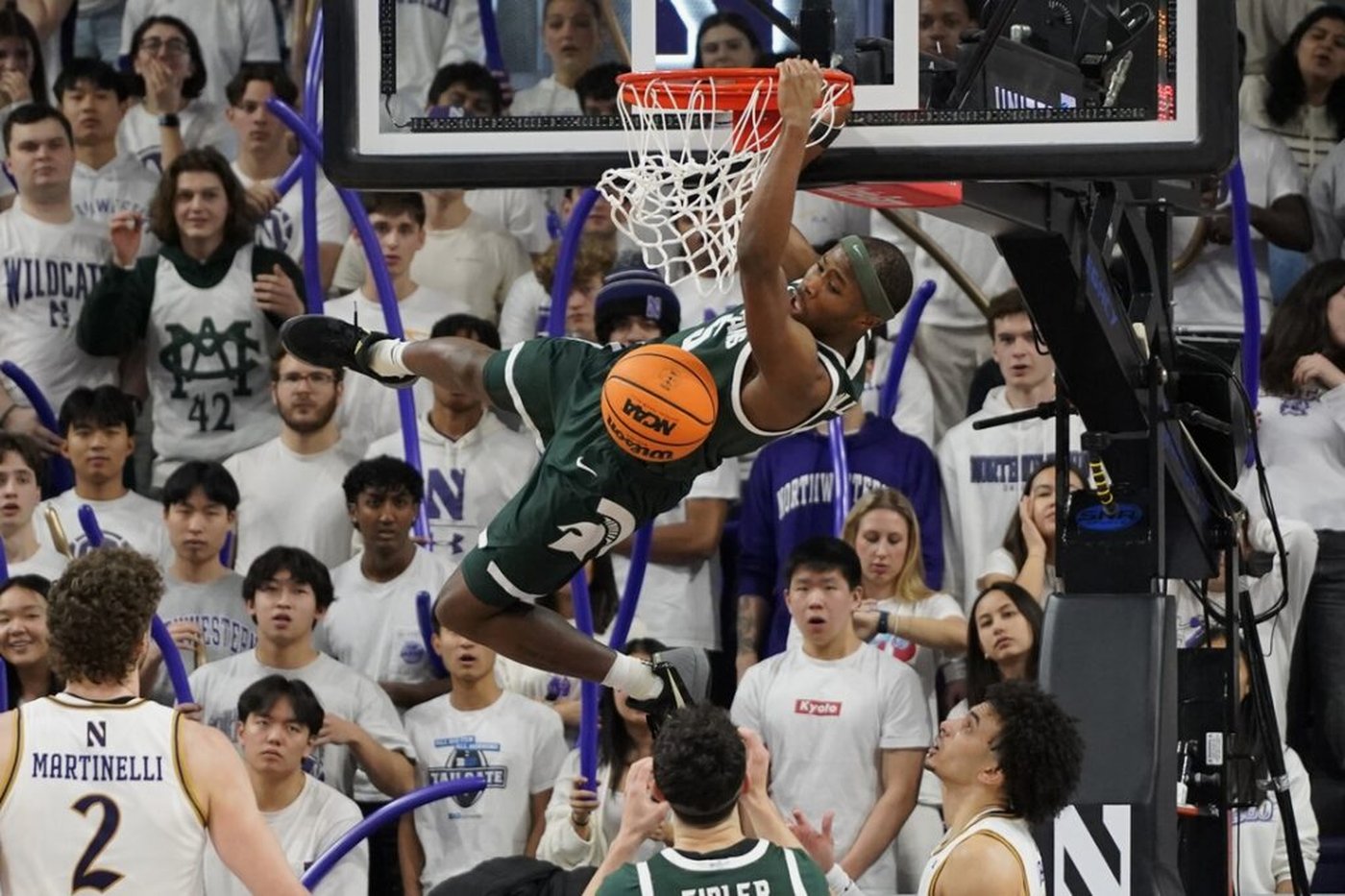As the January transfer window opens, Liverpool’s decision to hold off on major signings is causing debate among fans and analysts. With the Reds sitting atop the Premier League and Champions League, the club’s strategy to prioritize contract renewals and summer planning over immediate reinforcements has sparked intrigue and concern.
Arne Slot’s squad prospers despite limited summer business.
Under new head coach Arne Slot, Liverpool has enjoyed a stellar start to the 2024/25 season, leading both the Premier League and Champions League. This remarkable performance comes despite a relatively quiet summer transfer window that saw the arrival of only one new player, Federico Chiesa, on loan from Juventus. While Chiesa has struggled to find his footing at Anfield, Slot’s tactical acumen and the resurgence of players like Ryan Gravenberch have been pivotal to Liverpool’s success.
Gravenberch, who joined Liverpool for £34 million, has transformed into a midfield powerhouse under Slot’s guidance, filling the void left by failed summer pursuits of high-profile defensive midfielders like Martin Zubimendi and Moises Caicedo. The Dutchman’s emergence has led Liverpool to reconsider their need for a new holding midfielder, with Slot and the club’s transfer chiefs reportedly satisfied with the current squad’s balance.
A calculated approach to January signings.
Despite injuries to key players, including Joe Gomez, Ibrahima Konaté, and Connor Bradley, Liverpool appears determined to avoid panic buys in January. Sources close to the club have revealed that the Reds are likely to “hold their nerve” during the winter window, opting instead to focus on summer signings while maintaining their current momentum. This strategy, however, has drawn criticism from sections of the fanbase, who fear that a lack of depth could derail the club’s title challenge as the season progresses.
Historically, Liverpool has made impactful January signings, such as Virgil van Dijk in 2018 and Luis Díaz in 2022, but the current leadership under sporting director Richard Hughes seems committed to a more conservative approach. The club will reportedly only act if a serious injury crisis forces their hand, despite having funds available for reinforcements.
Arne Slot continues to back his squad.
Arne Slot’s confidence in his players remains unwavering, even amidst calls for reinforcements. Speaking to reporters after Liverpool’s commanding 5-0 victory over West Ham, Slot emphasized the importance of nurturing the talent already at his disposal. “I’m very happy with the squad we have,” Slot said. “We’ve shown confidence in these players, and they’ve repaid that trust with their performances. If you look at someone like Jarrell Quansah, who stepped in for Joe Gomez, it’s clear we have depth and quality in our ranks.”
Slot’s pragmatic stance aligns with Liverpool’s long-standing philosophy of avoiding panic buys. However, the packed January schedule—including Premier League fixtures, Champions League group stage matches, and a League Cup semi-final against Tottenham—will test the squad’s resilience and depth. Fans worry that injuries to key players like Mohamed Salah, Trent Alexander-Arnold, or Virgil van Dijk, all of whom are out of contract at the end of the season, could severely impact the team’s momentum.
Contract renewals take center stage.
While the transfer window garners attention, Liverpool’s priority appears to be tying down its star players to new contracts. Mohamed Salah, Trent Alexander-Arnold, and Virgil van Dijk are all nearing the end of their current deals, and their futures remain uncertain. Salah, in particular, has been the subject of heavy interest from Saudi Arabia, which could formally negotiate with him as early as January 1 under FIFA regulations. His agent recently revealed that Liverpool’s hesitancy to offer a new deal may stem from their cautious financial planning.
Alexander-Arnold’s situation is equally precarious, with the vice-captain reportedly attracting interest from Real Madrid. Despite ongoing negotiations, no agreement has been reached, leaving fans anxious about the potential departure of one of the club’s most iconic homegrown talents. Van Dijk, meanwhile, has kept his cards close to his chest, though reports suggest he remains open to extending his stay at Anfield.
Looking ahead: Risk or reward?
Liverpool’s decision to prioritize long-term planning over immediate action in January could either solidify their position as title favorites or expose vulnerabilities during the crucial second half of the season. While the club’s conservative approach has worked thus far , the risks of failing to address depth issues cannot be ignored. Injuries to key players, particularly in defense, could derail the Reds’ remarkable campaign, especially with a packed schedule looming.
Fans and pundits alike have pointed to the club’s summer transfer window, where Liverpool missed out on targets like Martin Zubimendi and Moises Caicedo, as a warning sign. While Ryan Gravenberch has been a revelation, the lack of reinforcements in other areas, such as center-back or forward positions, leaves the squad exposed to potential crises. Calls to find minutes for out-of-form winger Federico Chiesa have also intensified, with supporters hoping the Italian can rediscover his spark and offer much-needed rotation options for Mohamed Salah and the attacking line.
On the flip side, Liverpool has shown in past seasons that a calculated, patient approach to transfers can pay dividends. The arrivals of Virgil van Dijk and Alisson Becker were transformative, but both deals were completed after months of careful planning rather than rushed decisions. Slot and Liverpool’s hierarchy appear to be banking on a similar strategy, betting that their current squad can maintain its high level of performance through the end of the season.
The stakes for Liverpool and FSG.
Fenway Sports Group (FSG), Liverpool’s ownership, is also under pressure to deliver silverware this season. After years of scrutiny regarding their spending policies, FSG’s conservative approach in the transfer market will only be vindicated if the Reds secure major trophies. With Liverpool currently eight points clear at the top of the Premier League and leading their Champions League group, the foundations for success are firmly in place. However, failure to reinforce key areas in January could invite scrutiny should the team falter in the final months of the campaign.
For fans, the frustration lies in the sense that Liverpool is operating from a rare position of strength this season. With their rivals struggling to keep pace, many believe the January transfer window represents a golden opportunity to pull further ahead. However, FSG’s track record suggests they are unlikely to deviate from their principles, even with the title race seemingly within their grasp.
A pivotal month ahead.
As the January transfer window unfolds, Liverpool’s calculated gamble will face its first real tests. The squad’s ability to navigate injuries, maintain form, and sustain their title charge without major rein forcements will be closely watched by supporters and analysts alike. With matches piling up across multiple competitions, including the League Cup semi-final against Tottenham and crucial Champions League ties, the pressure on Arne Slot’s men to deliver remains immense.
Beyond the immediate challenges, the looming contract situations of key players like Salah, Alexander-Arnold, and Van Dijk add another layer of complexity to the club’s January priorities. Failure to secure these deals could result in Liverpool losing some of their most influential players on free transfers, a scenario that would undoubtedly weaken the squad heading into the next season.
For now, the spotlight is on Liverpool’s meticulous planning and the faith they’ve placed in their current roster. While the strategy has worked wonders so far, the coming weeks will determine whether the Reds’ calculated risk pays off—or if it leaves them vulnerable in the unpredictable world of football. One thing is clear: the stakes at Anfield have rarely been higher.
Related posts:
- Mbappé’s Influence, Real Madrid’s Rejections, and Olympic Dreams: A Turbulent Week in Football
- Liverpool Reject Real Madrid’s Bid for Trent Alexander-Arnold Amid Transfer Speculation
- 2025’s Free Agent Frenzy: Top Soccer Stars Set to Shake Up the Transfer Market
- Mohamed Salah Shatters Records as Liverpool Ends the Year Dominating Premier League

